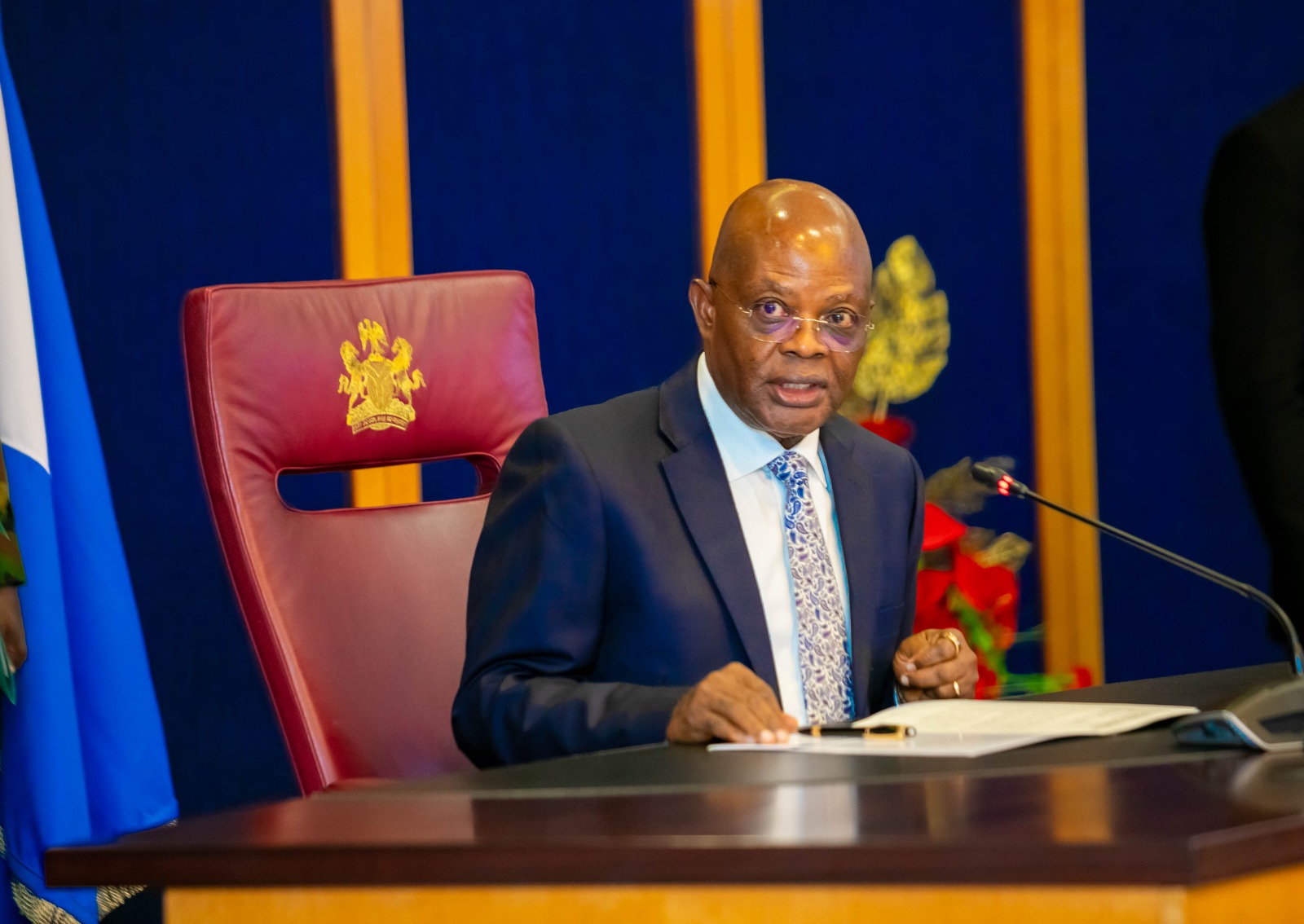Nigeria, others slash trade costs to tackle $120b finance gap via PAPSS
The Pan-African Payment and Settlement System (PAPSS) has now been adopted by central banks in 15 African countries and is connected to 16 central banks, Group Chief Economist and Managing Director Redearch at Afreximbank, Dr Yemi Kale has said.
Countries that have integrated into the system include Nigeria, Ghana, Liberia, The Gambia, Guinea, Sierra Leone, Kenya, Zimbabwe, Zambia, and Djibouti. This development marks a significant milestone in Africa’s journey toward payment system integration and financial independence.
Speaking at the 32nd Afreximbank Annual Meetings at Abuja yesterday, Kale noted that the adoption of PAPSS has helped drastically to reduce reliance on the U.S. dollar for intra-African transactions, cutting transaction costs by as much as 50 per cent.
He said this cost efficiency has directly supported Africa’s ambition to deepen regional trade under the African Continental Free Trade Area (AfCFTA).
He also revealed that work is ongoing to harmonise payment systems and legal frameworks across the continent.
Such efforts, he said, are crucial for unlocking value chains and enabling seamless trade, particularly for small and medium-sized enterprises (SMEs).
Highlighting the challenges faced by SMEs, Kale lamented the persistent trade finance gap in Africa, which is estimated to range between $100 billion and $120 billion.
He stated that this gap, defined as the shortfall between the demand for and supply of trade finance, remains a major barrier preventing businesses, especially SMEs from fully participating in both domestic and international trade.
He said without access to adequate funding, many of these businesses are unable to seize emerging trade opportunities or scale up operations to meet demand.
Kale underscored the need for stronger regional banking support and the development of tailored financial instruments to close this gap and foster inclusive growth across the continent.
Kale further revealed that intra-African trade has reached $220 billion in value, representing a growth of 12.4 per cent, more than double the 5.9 per cent recorded in 2023.
According to him, this reflects the growing impact of initiatives like PAPSS in unlocking trade potential across the continent.
However, despite this progress, he highlighted persistent challenges such as bureaucracy, licensing barriers, and regulatory inconsistencies remain serious impediments to seamless commerce across borders.
This, is in addition, poor infrastructure and high operational costs further inflate transaction expenses, particularly for small and medium-sized enterprises (SMEs).
To address this, Kale called for sustained investment in infrastructure, regulatory alignment, and financial instruments tailored to SMEs, noting that closing the trade finance gap is critical to unlocking Africa’s economic potential and driving inclusive growth.










